Is there any weather condition which cannot be blamed on anthropogenic global warming (AGW)? No, it seems, judging by the reaction in the US liberal press to the snowstorm which has engulfed much of the US over the past few days. According to Bloomberg it is all down to a loopier-than-normal jet stream, “the kind of event that could become more common as climate change accelerates”. A similar claim was made by Eric Mack, a correspondent on Forbes, who wrote this week that the poles are warming disproportionately and that, “studies [he didn’t say which ones] have shown that all this unusual and rapid warming in the north affects the jet stream in new and sometimes weird ways”. This week’s storm, he asserted, would soon come to be seen not as a once-in-a-generation event but as normal winter weather. The New York Times has made a similar claim, as has Britain’s Guardian – the latter of which subtly reversed its recently-acquired habit of using the term ‘global heating’ and went back to good old ‘climate change’ for the occasion.
Is global warming causing the temperature to plunge to minus 40 Celsius? No-one should dismiss something out of hand merely on the grounds that it seems counter-intuitive – the climate could, theoretically, throw up more intense cold weather spells at the same time as observing a general warming trend. It is just that there is compelling evidence to the contrary. For example, the IPCC’s sixth assessment report, published in 2021, cited a number of analyses showing that “cold spells have undergone a reduction in magnitude and intensity in all regions of North America”. In other words, the reality is not counter-intuitive at all. Generally, rising global temperatures have led to a lessening of cold extremes in North America; it is just that this week’s weather was an extreme, random event which occurred in spite of the general climatic trend.
As for the theory that AGW is causing disturbances in the jet stream – a powerful flow of air several miles up in the atmosphere which divides polar air from tropical air – or in the ‘polar vortex’ (a disturbance higher up, in the stratosphere), that was debunked by the National Oceanic and Atmospheric Administration (NOAA) after the last blast of extreme cold weather to strike the central US in February 2021. It is not easy to establish long-term trends in phenomena which have only been studied since the 1950s, the NOAA pointed out, but even in that short time the polar vortex has trended in entirely opposite directions. During the early-to-mid 1990s, the polar vortex was very strong, which made for a non-loopy jet stream. Come the late 1990s, however, and the polar vortex began to weaken again, giving us a more wandering jet stream. Yet that trend has not been sustained, either. If the polar vortex and jet stream really were being strongly influenced by rising global temperatures you would at least expect a trend to continue year after year as the global temperatures continued to increase.
In other words, this week’s weather in the US is just that: weather. But that will never do when you are trying to tell a morality tale about humans fouling their own nest through their own arrogance and stupidity: every adverse weather event must be blamed.
By the way, the last time the US mid-west saw such low temperatures, in 1977, it was interpreted by some as the sign of a coming ice age. I have a popular book of the time, Earthshock, written by a volcanologist from Imperial College and a geologist from Birkbeck College, claiming that a prolonged freeze like that of 1977 could be exactly what provoked a sudden dive into the next ice age. Now it is apparently a sign that we are all about to fry. There is a third possibility: that the US mid-west has a climate which is prone to occasional blasts of polar conditions. But that doesn’t sound nearly so exciting.
Got something to add? Join the discussion and comment below.
Get 10 issues for just $10
Subscribe to The Spectator Australia today for the next 10 magazine issues, plus full online access, for just $10.


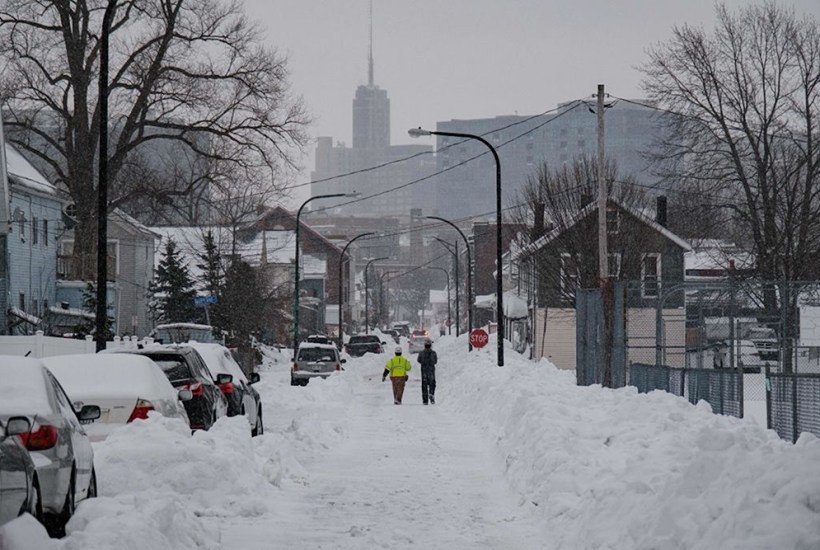



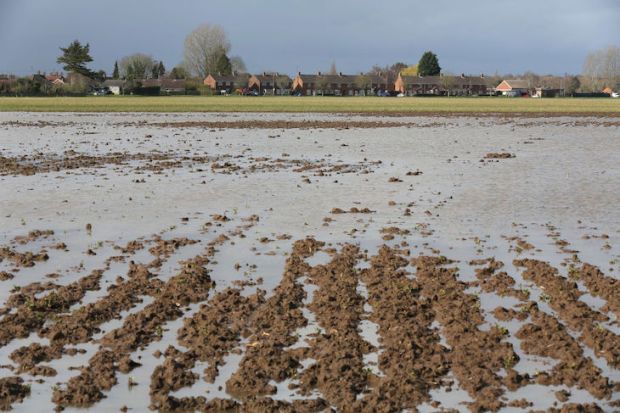
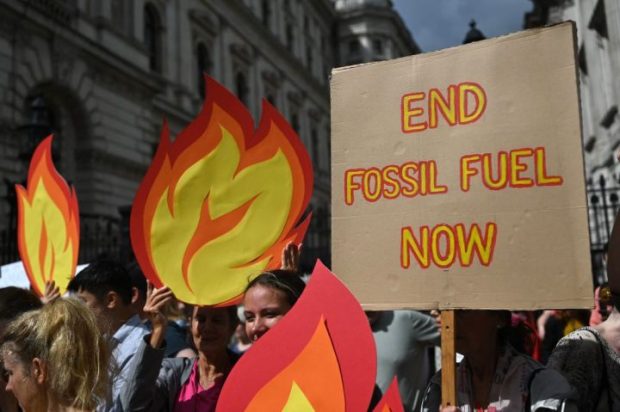
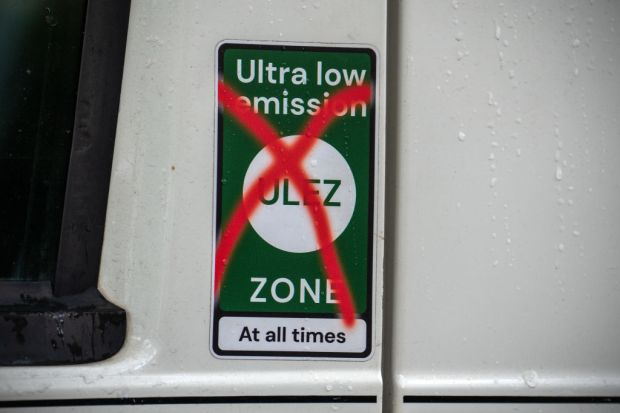







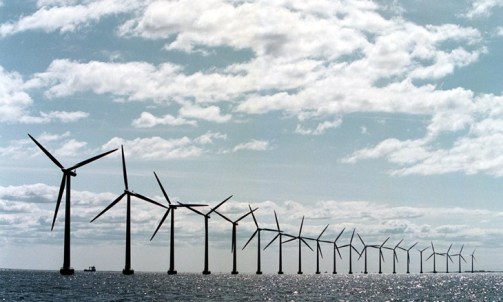




Comments
Don't miss out
Join the conversation with other Spectator Australia readers. Subscribe to leave a comment.
SUBSCRIBEAlready a subscriber? Log in